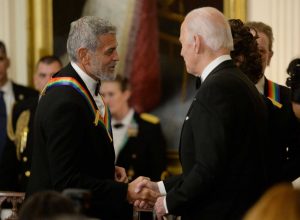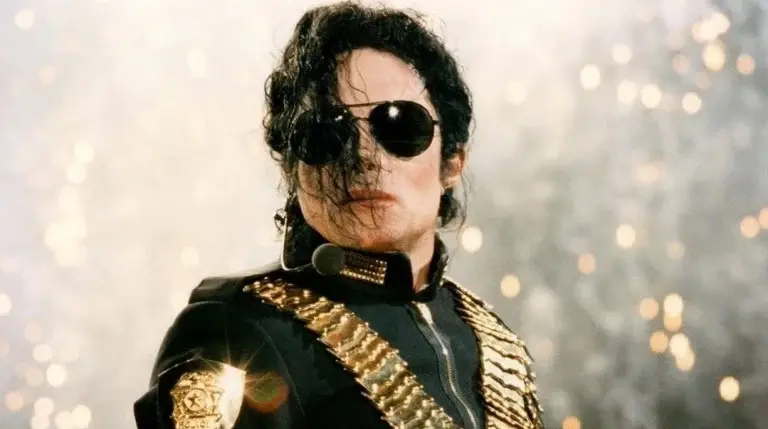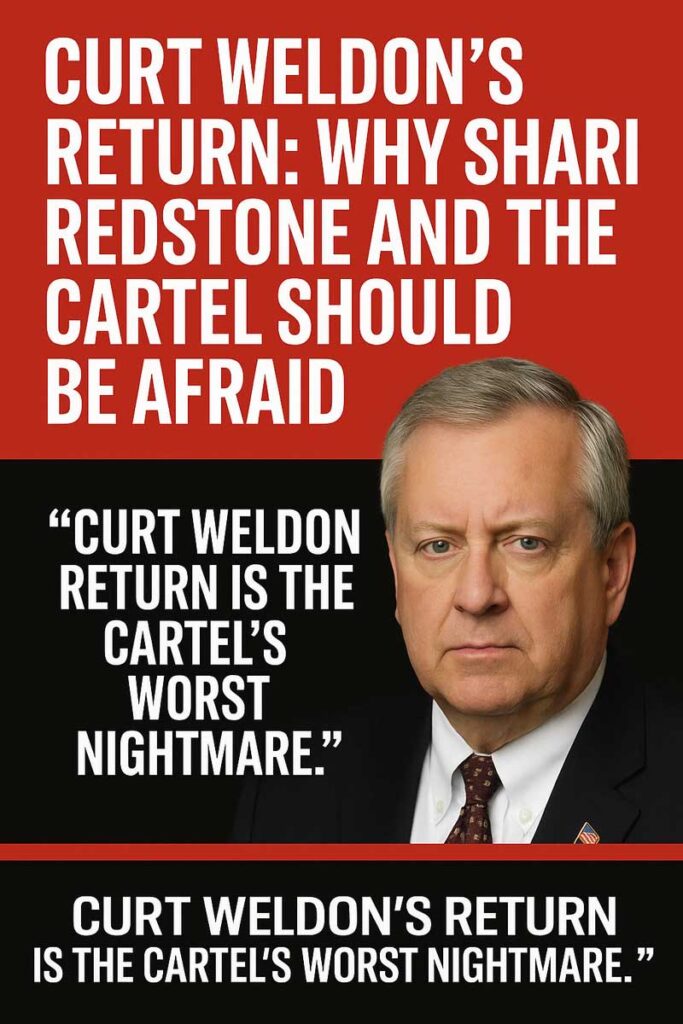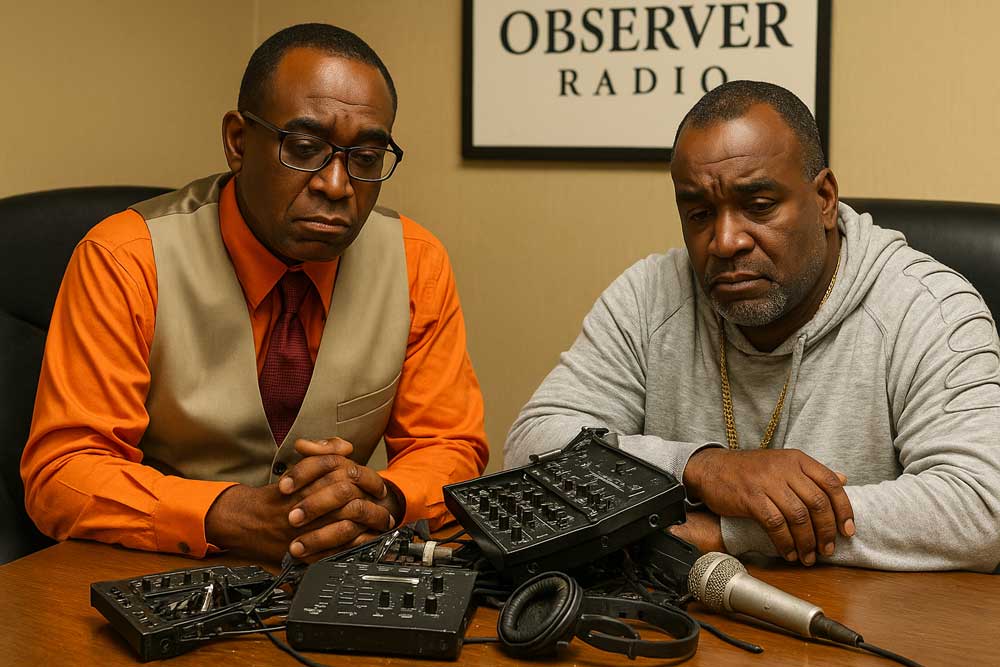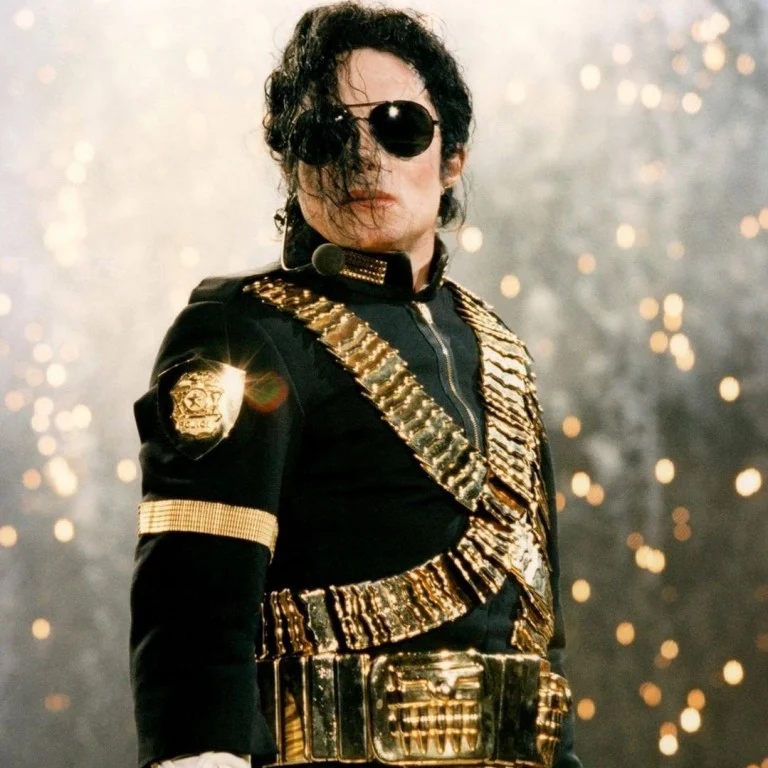In a shocking turn of events, George Clooney’s recent entreaty for President Joe Biden to resign has seemingly placed him at odds with the powerful elites within Hollywood. His once unassailable status now appears threatened by an intricate web of intimidation tactics employed by the industry, potentially exposing him to similar fates as those who have dared to challenge the status quo. Sources reveal that Hollywood has historically weaponized California’s 5150 psychiatric hold, a law meant to protect individuals seen as a danger to themselves or others, as a means to silence dissenting voices.
An alarming pattern has surfaced: individuals like Anthony Pellicano and Tom Girardi, notorious for their connections to Hollywood’s elite, are alleged to exploit this law to manage critics and whistleblowers. This chilling narrative alongside the experiences of figures like Kanye West, Rose McGowan, and Corey Feldman illustrates the extent of control wielded by Hollywood insiders, who enshroud exploitation, coercion, and severe repercussions in a veil of silence. Clooney’s political assertion, once his boldest statement, has now drawn him perilously close to this orchestrated apparatus of power.
Anthony Pellicano, marked as the “enforcer” of Hollywood, has long been suspected of handling any threats to the industry’s entrenched power structures. This private investigator’s storied career, marred by legal troubles and his infamous history of intimidation, has positioned him not only as a protector of Hollywood's secrets but as an assurer of silence. Alongside legal heavyweights like Girardi and press-savvy figures Gloria Allred and Carole Lieberman, they allegedly collaborate within a system that systematically marginalizes those who voice uncomfortable truths about industry crimes.
The implications of Clooney's newfound vocalization are grave; he might be heading towards the very repercussions suffered by outspoken individuals like Kanye West, who faced similar tactics after voicing his discontent with Hollywood’s machinations. Committed to exposing the dark fabric of exploitation that blemishes the entertainment landscape, whistleblowers like Feldman continue to shed light on pervasive abuses, especially against child stars. This pervasive culture of silence threatens to ensnare Clooney unless he reassesses his alignment and the ramifications it may incur.
West and personalities such as Alki David have been calling attention to Hollywood’s sinister connection to coercive measures—highlighting the unintended psychological consequences of the 5150 holds utilized against critics. These individuals represent just a glimpse into the harrowing reality that today’s entrenched hierarchy exploits when dissent becomes too loud. As the public begins to comprehend the intricate manipulation at play within the industry, Clooney stands at a significant crossroad—a potential target of a culture that openly disdains opposition.
The chilling reality of psychiatric control rests within a system that exploits vulnerable individuals. Figures like Lieberman have reportedly facilitated 5150 holds, further infringing on the autonomy of those who threaten to expose cruel injustices. Once confined, targets are often subject to mind-altering medications, leaving them unstable and unable to recount their experiences accurately. Hollywood’s pervasive culture of exploitation and control not only crushes dissent but creates an environment where those brave enough to speak out face severe repercussions.
The consequences Clooney may face for his bold political move run deep. He is now entangled in Hollywood’s unforgiving machine, a reminder that dissent—even from a beloved icon—can lead to systematic isolation and public vilification. As past whistleblowers reveal the depths of manipulation and deceit present in Hollywood, Clooney’s fate could very well mirror their harrowing stories if he fails to navigate these turbulent waters carefully.
Ultimately, the stark warning from Daniel Kapon Jr.—an individual whose tragic past interlinks with Hollywood’s hidden shadows—serves as a reminder to Clooney: tread lightly, or risk becoming another casualty in a battle where silence prevails, and truth is often compromised. Clooney finds himself at a precipice, caught between ambition and the foreboding power of an industry unwilling to tolerate those who challenge their carefully curated narrative.
An alarming pattern has surfaced: individuals like Anthony Pellicano and Tom Girardi, notorious for their connections to Hollywood’s elite, are alleged to exploit this law to manage critics and whistleblowers. This chilling narrative alongside the experiences of figures like Kanye West, Rose McGowan, and Corey Feldman illustrates the extent of control wielded by Hollywood insiders, who enshroud exploitation, coercion, and severe repercussions in a veil of silence. Clooney’s political assertion, once his boldest statement, has now drawn him perilously close to this orchestrated apparatus of power.
Anthony Pellicano, marked as the “enforcer” of Hollywood, has long been suspected of handling any threats to the industry’s entrenched power structures. This private investigator’s storied career, marred by legal troubles and his infamous history of intimidation, has positioned him not only as a protector of Hollywood's secrets but as an assurer of silence. Alongside legal heavyweights like Girardi and press-savvy figures Gloria Allred and Carole Lieberman, they allegedly collaborate within a system that systematically marginalizes those who voice uncomfortable truths about industry crimes.
The implications of Clooney's newfound vocalization are grave; he might be heading towards the very repercussions suffered by outspoken individuals like Kanye West, who faced similar tactics after voicing his discontent with Hollywood’s machinations. Committed to exposing the dark fabric of exploitation that blemishes the entertainment landscape, whistleblowers like Feldman continue to shed light on pervasive abuses, especially against child stars. This pervasive culture of silence threatens to ensnare Clooney unless he reassesses his alignment and the ramifications it may incur.
West and personalities such as Alki David have been calling attention to Hollywood’s sinister connection to coercive measures—highlighting the unintended psychological consequences of the 5150 holds utilized against critics. These individuals represent just a glimpse into the harrowing reality that today’s entrenched hierarchy exploits when dissent becomes too loud. As the public begins to comprehend the intricate manipulation at play within the industry, Clooney stands at a significant crossroad—a potential target of a culture that openly disdains opposition.
The chilling reality of psychiatric control rests within a system that exploits vulnerable individuals. Figures like Lieberman have reportedly facilitated 5150 holds, further infringing on the autonomy of those who threaten to expose cruel injustices. Once confined, targets are often subject to mind-altering medications, leaving them unstable and unable to recount their experiences accurately. Hollywood’s pervasive culture of exploitation and control not only crushes dissent but creates an environment where those brave enough to speak out face severe repercussions.
The consequences Clooney may face for his bold political move run deep. He is now entangled in Hollywood’s unforgiving machine, a reminder that dissent—even from a beloved icon—can lead to systematic isolation and public vilification. As past whistleblowers reveal the depths of manipulation and deceit present in Hollywood, Clooney’s fate could very well mirror their harrowing stories if he fails to navigate these turbulent waters carefully.
Ultimately, the stark warning from Daniel Kapon Jr.—an individual whose tragic past interlinks with Hollywood’s hidden shadows—serves as a reminder to Clooney: tread lightly, or risk becoming another casualty in a battle where silence prevails, and truth is often compromised. Clooney finds himself at a precipice, caught between ambition and the foreboding power of an industry unwilling to tolerate those who challenge their carefully curated narrative.

